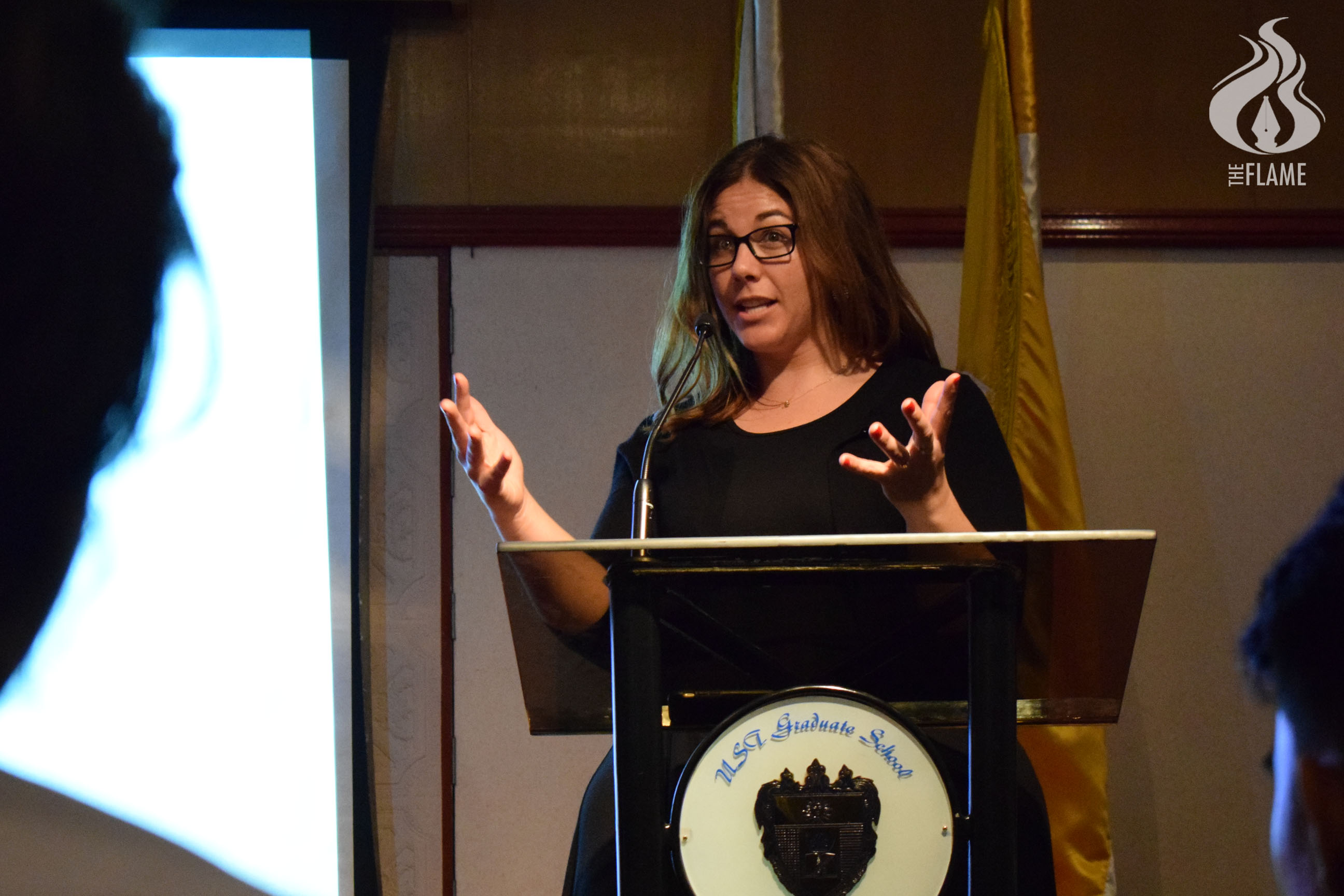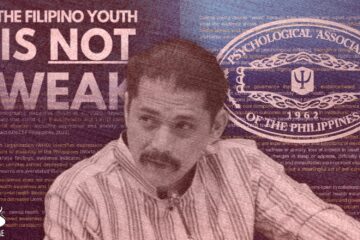
FAKE NEWS is a historical concept and human nature is one of the reasons why it “has been around forever,” American journalism scholar Stephanie Edgerly told Artlets on Wednesday.
“There is a big tendency for us to believe something, or agree with something, or think it’s more credible and trustworthy when it supports our identities, when it supports our viewpoints,” she said during the 3rd John Jefferson Siler Forum.
Edgerly is an associate professor from the Medill School of Journalism of Northwestern University.
Marishelle Medina, a lecturer from the journalism program, agreed with Edgerly and said fake news exists because readers want to believe such stories. “We need to question our belief. As a journalist, what is our task? Our task is to disbelieve,” she said.
Edgerly, who teaches audience insight, said what worries her more is not how people believe in fake information but how they refuse to believe in facts.
“They don’t know where to go or who to trust, right? And oftentimes, that results in them just disengaging from the news environment […] They don’t want to choose wrongly, so they just withdraw from news altogether,” she said.
Edgerly said it is worrisome that the press misses out on telling some stories because it has to put its focus more on fact-checking claims that they would otherwise not be spending time on.
Assoc. Prof. Jose Arsenio Salandanan, chairman of the Department of Communication and Media Studies, urged journalism students to read more to stay informed.
“As journalism students, I think the only way to deal with fake news is to be informed. That’s the reason why you should gather information [and] the only way to be informed is to read,” he said.
The lecture-forum titled Getting Real About Fake News was held at the Tanghalang Teresita Quirino auditorium. The event was organized by the UST Journalism School and the Journalism Society. F



